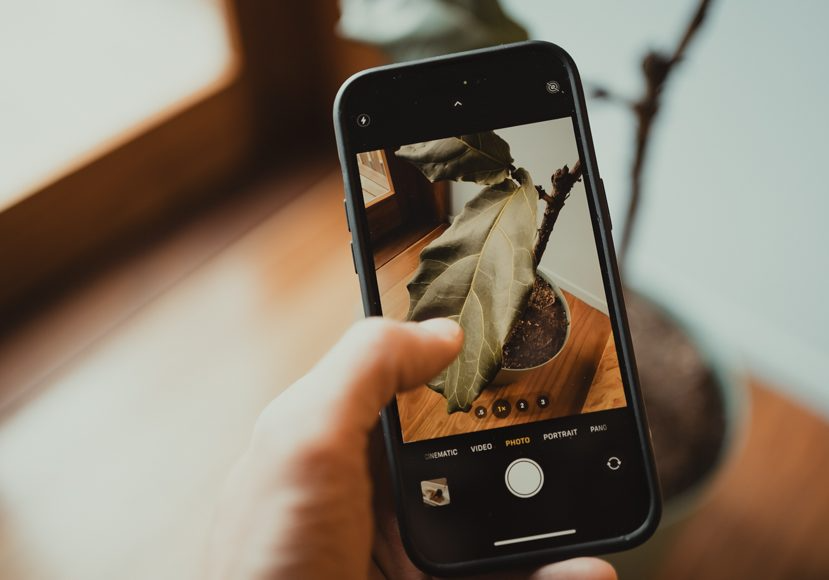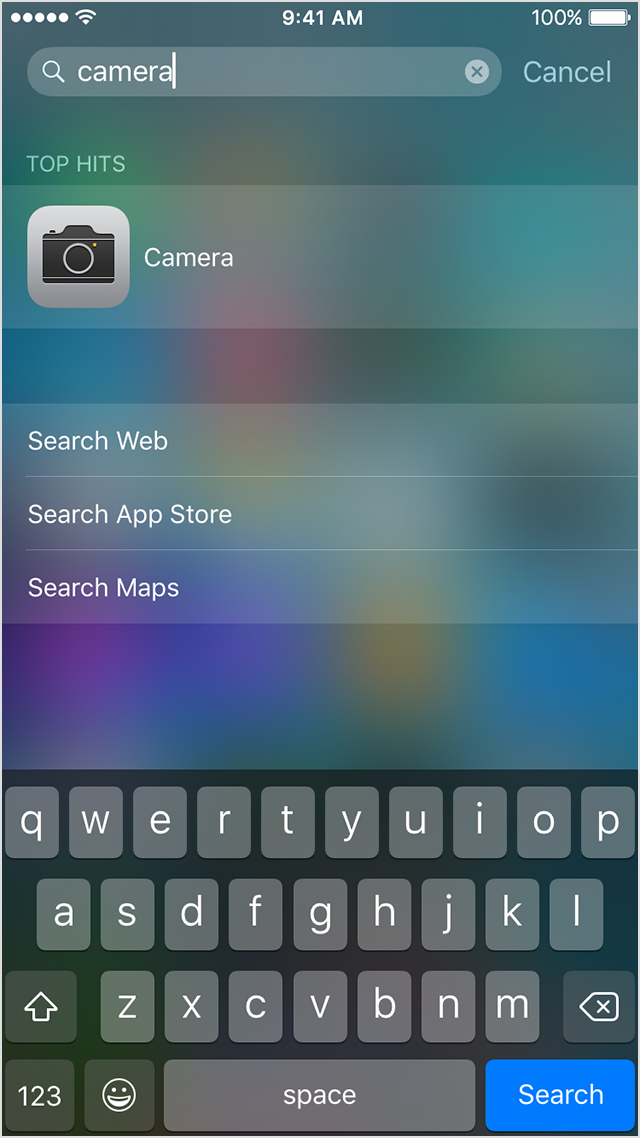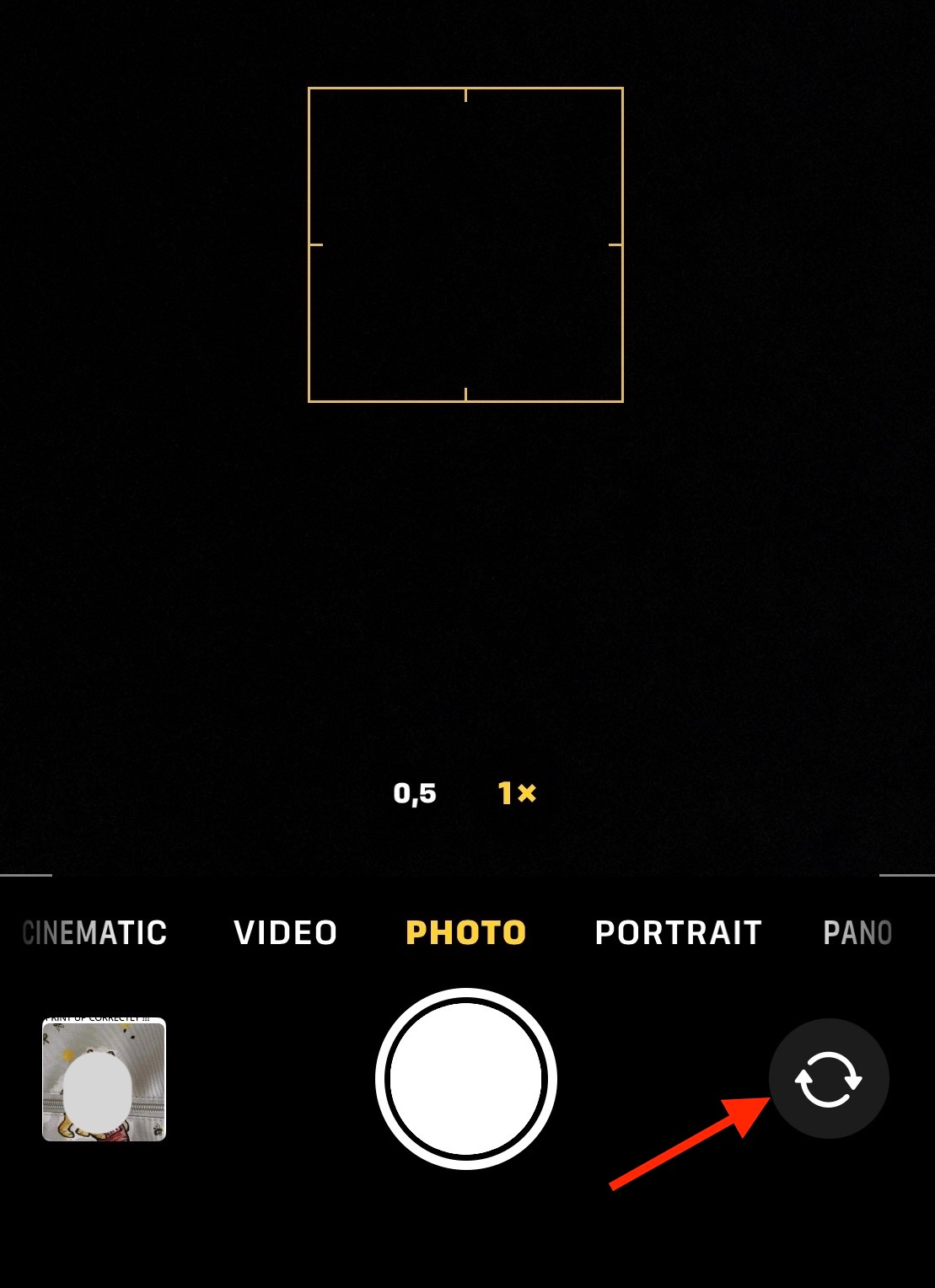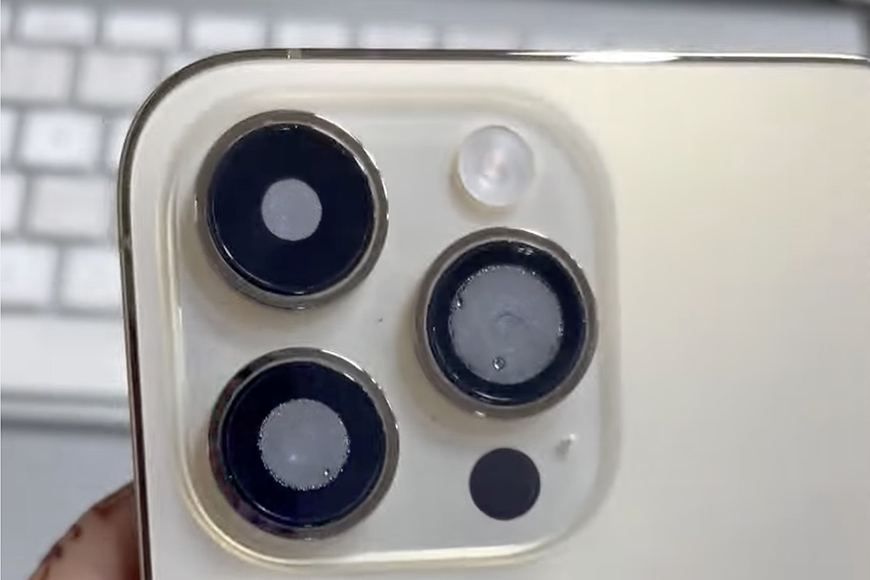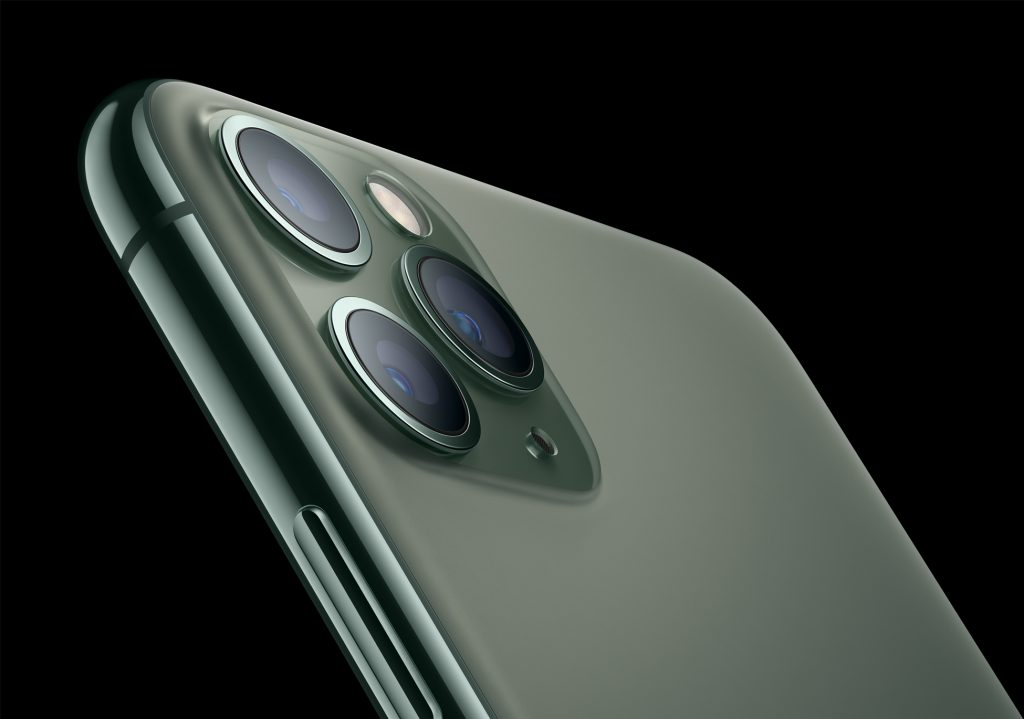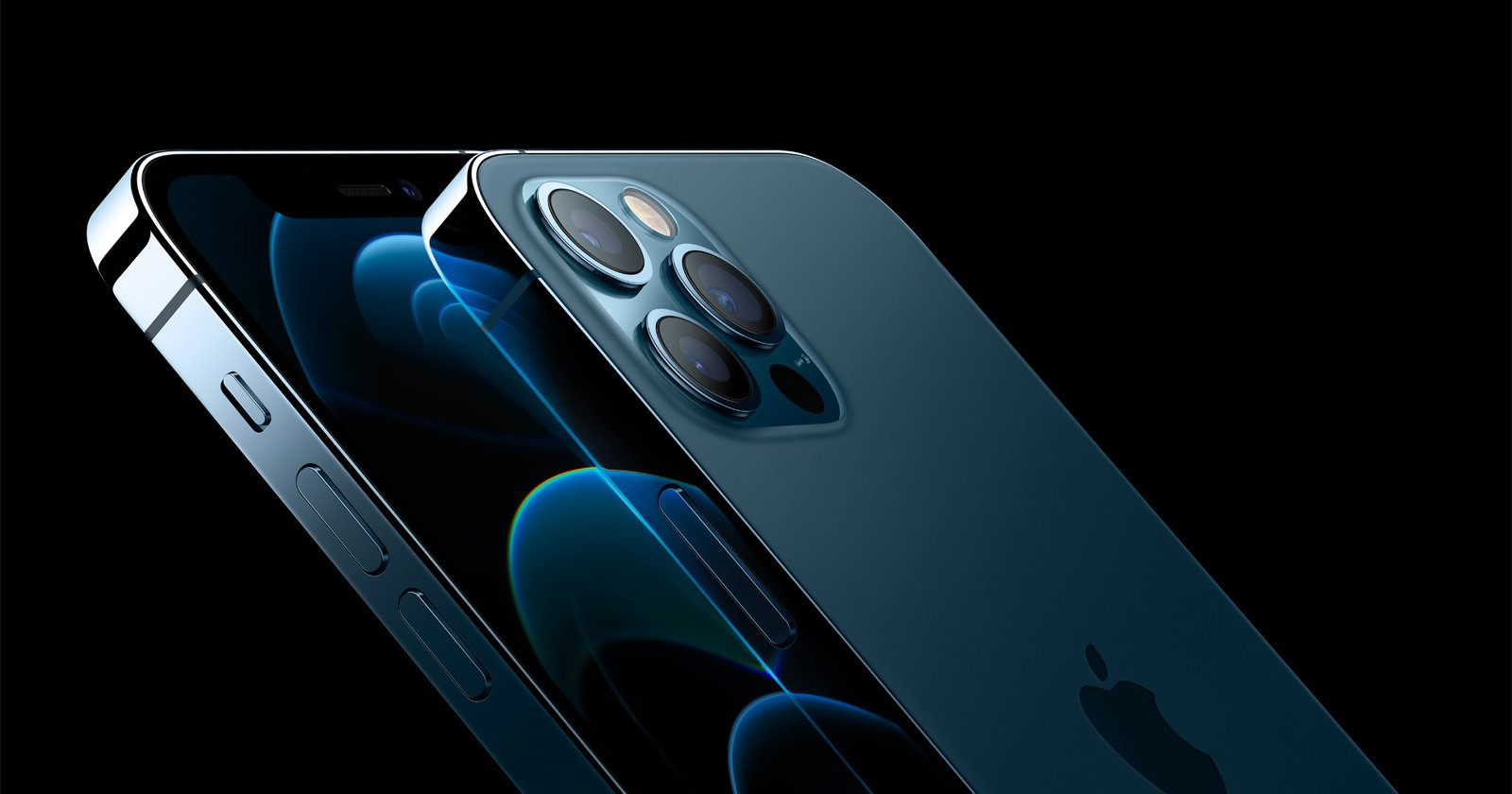Introduction to Common iPhone Camera Issues
The iPhone’s camera is one of its most lauded features, offering high-quality photos and videos for users. However, like any technological feature, it is not immune to glitches and issues. Users may occasionally experience problems ranging from minor bugs to more significant malfunctions.
The Importance of Camera Functionality on iPhones
For many users, the iPhone’s camera is a primary tool for capturing life’s moments, making video calls, and even for professional photography and videography. Hence, any glitch can be a significant inconvenience.
Identifying the Types of Camera Glitches
Software-Related Glitches
The camera app on your iPhone is subject to the same software challenges as any other app. These can include crashes, freezing during use, or unexpected behaviors like the camera app not opening at all.
Hardware-Related Issues
Physical components, like the camera’s lens or sensors, can sometimes be at fault. Issues might present as a black screen, a closed shutter, blurry images, or even rattling noises within the camera module.
Troubleshooting iPhone Camera Glitches
Restarting Your iPhone
One of the simplest and most effective ways to resolve minor software glitches is to restart your iPhone. This action can often clear temporary software issues that might be causing the camera to malfunction.
Updating iOS
Software updates from Apple frequently contain bug fixes and improvements. Keeping your iPhone updated to the latest version of iOS can resolve existing issues and prevent new ones from arising.
Closing and Reopening the Camera App
If the camera app is unresponsive or behaving oddly, force quitting the app and reopening it can sometimes reset the app’s state and resolve the issue.
Deeper Fixes for Persistent Camera Problems
Resetting All Settings
A more comprehensive approach is to reset all settings on your iPhone. This process can eliminate any incorrect settings that might be causing camera glitches without deleting personal data.
Checking for Physical Damage
Inspect the camera lens for scratches, cracks, or obstructions that could be affecting camera performance. Physical damage may require a professional repair.
When to Seek Professional Help
Diagnosing Serious Hardware Failures
If the camera continues to malfunction despite all troubleshooting efforts, it might indicate a serious hardware issue. Apple’s support and service can diagnose and recommend solutions, potentially including repairs or replacements.
The Role of Apple Support
Apple Support can provide more detailed troubleshooting steps and can help determine if a glitch is due to a widespread issue addressed by a warranty or recall.
Preventive Measures to Avoid Camera Glitches
Regularly Cleaning the Camera Lens
Keeping the camera lens clean can prevent issues with picture quality. Use a soft, lint-free cloth to gently wipe the lens.
Avoiding Exposure to Extreme Conditions
Extreme temperatures and environmental conditions can affect the camera’s functionality. Learn how to protect your iPhone and its camera from such conditions.
Using Protective Cases
A good protective case can prevent physical damage to your iPhone’s camera by providing a buffer against drops, bumps, and debris.
Advanced Solutions for Camera Software Glitches
When basic troubleshooting fails to resolve camera software issues on your iPhone, there are advanced steps you can take to address deeper software problems. These solutions should be approached with caution, as they can affect your device’s data and settings.
Performing a Factory Reset
Sometimes, the only way to tackle persistent software issues is to revert your iPhone to its original factory settings. This process removes all personal data, settings, and installed apps, potentially eliminating any glitches caused by corrupted data or problematic settings.
Preparing for a Factory Reset
Prior to performing a factory reset, ensure that you have backed up all important data, including photos, contacts, and app data, either to iCloud or your computer. Once you have secured your data, you can proceed with the reset process through the Settings app under the “General” section, followed by “Reset” and “Erase All Content and Settings.”
After the Reset
Once the factory reset is complete, you’ll have the option to set up your iPhone as a new device or restore it from a backup. If you suspect that the software glitch might be tied to your previous settings or apps, consider setting up the iPhone as new to isolate the issue.
Restoring iPhone Through iTunes or Finder
For a more comprehensive software repair, you can use iTunes (on Windows or older Macs) or Finder (on macOS Catalina and later) to restore your iPhone. This process reinstalls the operating system, which can clear up software glitches that a factory reset might not address.
Initiating the Restore Process
Connect your iPhone to a computer with the latest version of iTunes or Finder and select your device. In the device’s summary page, click on “Restore iPhone.” Confirm your choice when prompted, and the software will begin the restoration process.
The Role of Recovery Mode
If your iPhone is unresponsive or the camera glitch is preventing the device from functioning properly, you might need to put your iPhone into Recovery Mode before it can be restored. This can be done by pressing a combination of buttons specific to your iPhone model until the recovery mode screen appears, then connecting to iTunes or Finder.
Updating or Reverting iOS Versions
Occasionally, an iOS update may introduce camera software glitches. Staying updated with the latest iOS version can resolve issues introduced by previous updates. Conversely, if a new update is the cause of the glitch, you might need to revert to an earlier iOS version until Apple releases a fix.
Checking for iOS Updates
Regularly check for iOS updates in the Settings app under “General” and “Software Update.” If an update is available, download and install it to ensure you have the latest bug fixes and security patches.
Downgrading iOS
Downgrading iOS is not officially supported by Apple and requires saving SHSH blobs, which is a complex process. This option should only be considered by advanced users familiar with the risks and procedures associated with firmware downgrading.
Understanding the Impact of Third-Party Apps
Sometimes camera glitches can be caused by conflicts with third-party apps. If you notice that camera issues arise after installing certain apps, you may want to investigate further.
Isolating Problematic Apps
If you suspect a particular app is causing camera glitches, try uninstalling it to see if the issue resolves. Alternatively, boot your iPhone in Safe Mode to disable all third-party apps temporarily and test the camera functionality.
Reviewing App Permissions and Updates
Ensure that all apps with camera access are up to date, as developers may release patches to fix compatibility issues. Additionally, review the app permissions in the Settings app to make sure that only trusted apps have access to your camera.
Considering Hardware-Related Factors
While focusing on software solutions, it’s important not to overlook the possibility of hardware issues. If advanced software solutions do not rectify the camera glitches, the problem may be hardware-related.
Inspecting for Physical Damage
Examine your iPhone for any signs of physical damage that could affect the camera’s performance. If you identify damage, or if software solutions don’t work, it may be time to consult with Apple Support or a certified technician for hardware repair options.
Understanding the Impact of Third-Party Apps
Conflicts with Camera Access
Some third-party apps may conflict with the camera’s operation. Explore how to identify and resolve conflicts with apps that require camera access.
Reviewing App Permissions
Regularly review the permissions granted to apps, revoking camera access from apps that do not need it to function. This can prevent unauthorized use of the camera and potential glitches.
The Future of iPhone Camera Technology
Anticipating Updates and Enhancements
Apple continues to innovate with each iPhone iteration. Stay informed about upcoming updates that may enhance camera stability and introduce new features.
Community Feedback and Reports
Community feedback often highlights widespread issues. Keep an eye on user reports and community forums for discussions about camera glitches and potential resolutions.
Conclusion
While iPhone camera glitches can be frustrating, there are numerous steps you can take to resolve them. From simple restarts to contacting Apple Support, the key is to methodically troubleshoot the issue. In most cases, these glitches can be fixed, allowing you to return to capturing high-quality photos and videos with your iPhone’s camera. Remember to handle your device carefully and keep it updated to minimize the risk of future camera problems.
